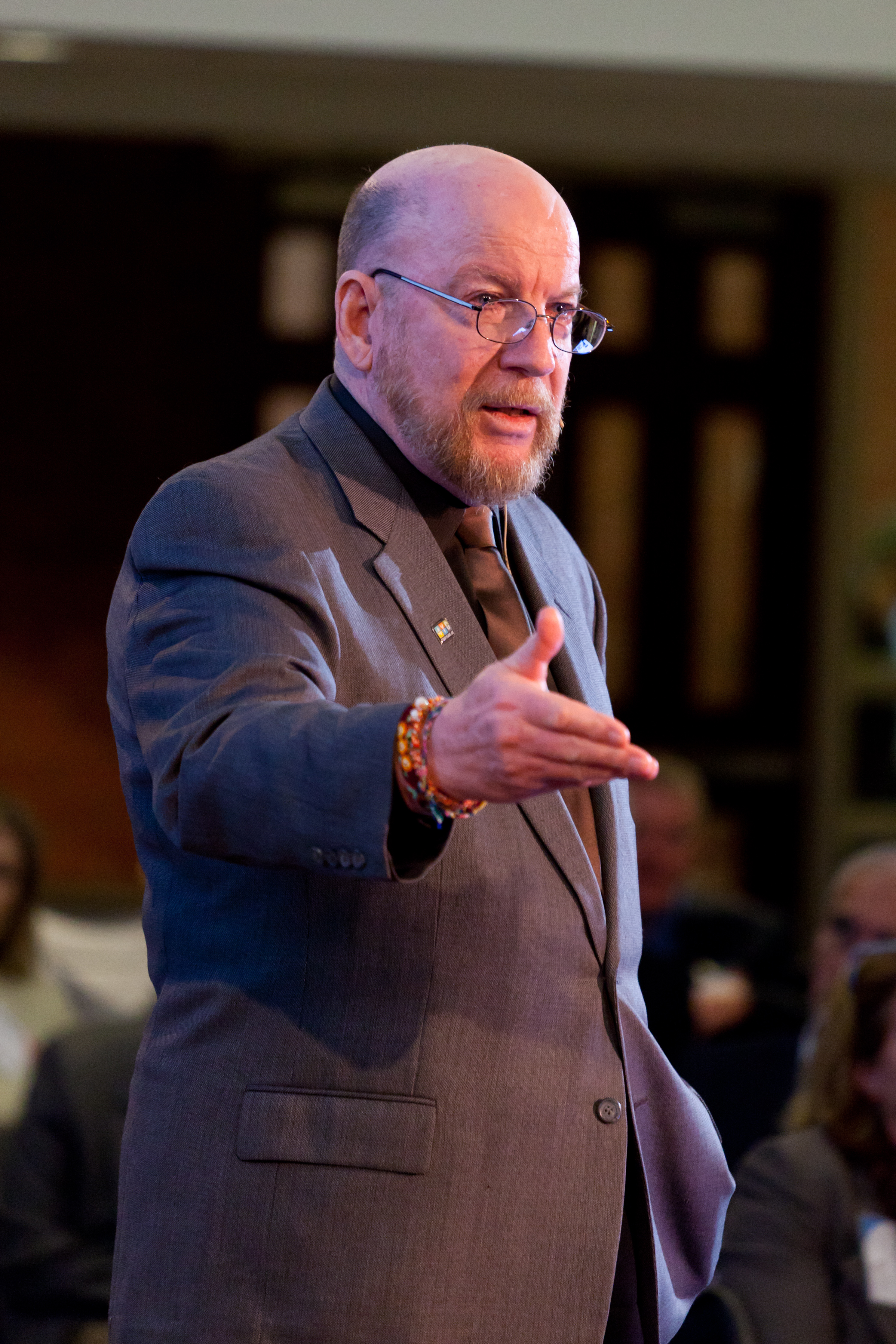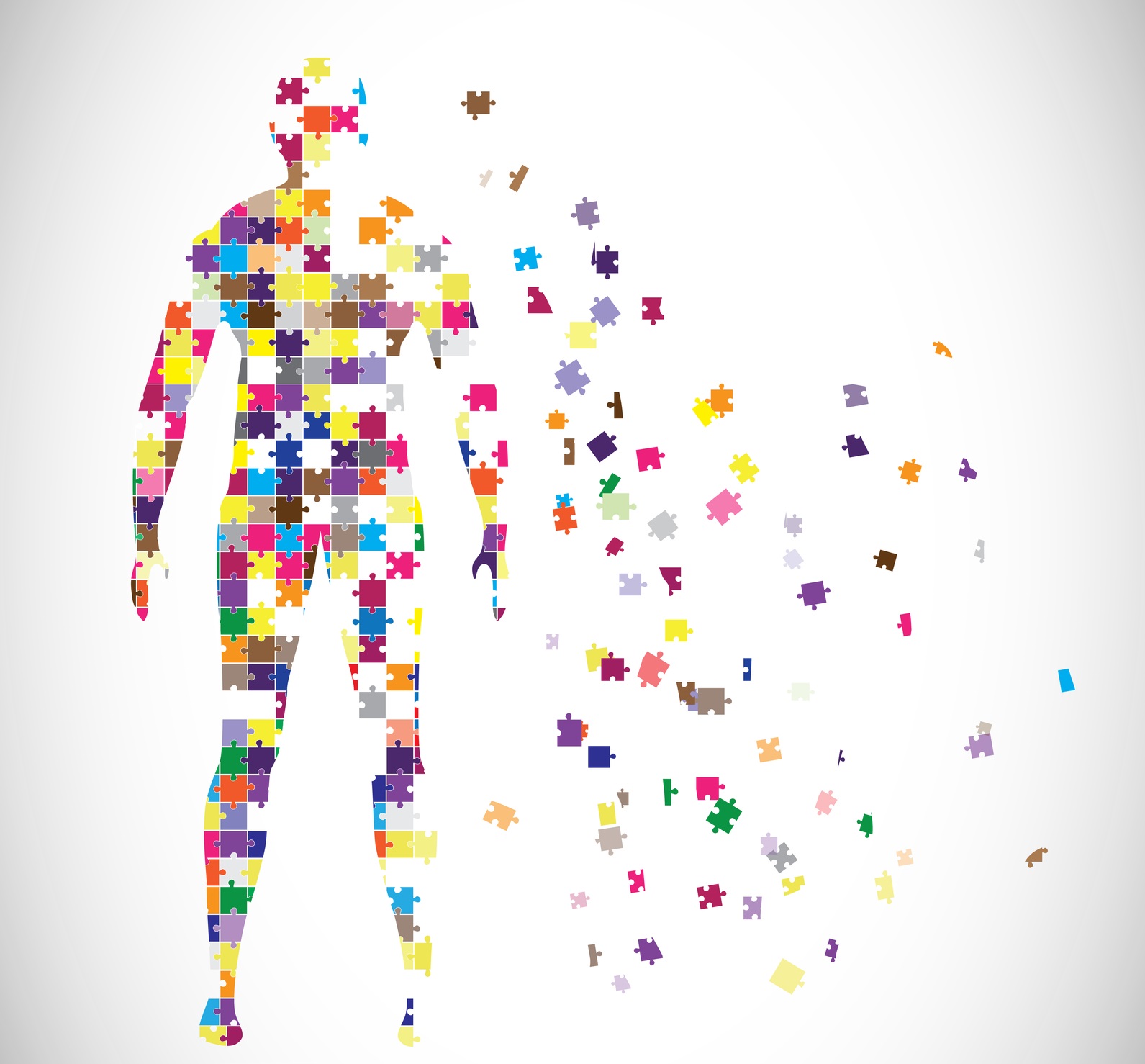People resist attempts by others to get them to change yet they spend lifetimes changing themselves. From a very early age we tend to make adjustments to who we are, trying to fit in, to be better liked, to be loved, to get along, etc. While we come into the world magnificently unique souls, unlike any other human being, we develop a habit of adapting – changing ourselves to fit the situations we encounter – when we are very young. Most people believe that the motivations for making these changes are fears of not fitting in, not being loved or not feeling wanted. American spiritual teacher and author Marianne Williamson had a different idea when she wrote, “Our deepest fear is not that we are inadequate. Our deepest fear is that we are powerful beyond measure. It is our Light, not our Darkness, that most frightens us.”
Regardless of what frightens us – fear of our inadequacies or fear of our magnificence – we usually change ourselves because we are afraid. No one else changed us. We changed ourselves.
We traded in our uniqueness – that Self unlike any other Self, that original one-of-a-kind person – for a self that we believe the world wants us to be. We mold ourselves to be the kind of man or woman we think people want us to be. We contort, adjust, edit and censor ourselves into what we think the world wants from us. We talk differently because we think people want us to. We act differently because we think it is expected of us. We even think differently because we want to belong, to fit in, to be like everybody else.
All these changes require leaving some parts of our unique Self on the cutting room floor, in the trash bin, someplace other than our everyday work and life. The person who remains after all these changes is only a part of who we are, a fragmented self that consists of the parts we haven’t shut down. Family, friends and co-workers only get a portion of who we really are.
To truly be ourselves, we must “unchange” ourselves – restore ourselves to our unique magnificence and come fully alive. Becoming fully alive means bringing all of our Selves to our families, our friends and co-workers, our work and all that we do. The world needs a human presence that has come fully alive.
I have long held the view that the biggest crisis in the world is a lack of good leadership. This lies behind all the other crises that fill our headlines. The answer to this crisis resides in people who have unchanged themselves and come fully alive.
To become the kind of people the world needs is to be our own unique Self; not the product of the mold we used in reshaping ourselves but who we are as a unique expression of the Divine.
Becoming conscious does not require doing any more than undoing all the changes we have done to ourselves over the years. Socrates said “Know yourself.” He did not say “Make yourself fit in.” Knowing yourself is having intimate knowledge of your uniqueness, that full unabridged expression of who you truly are. Knowing yourself is owning your magnificence, your Light, and your power “beyond measure.”


